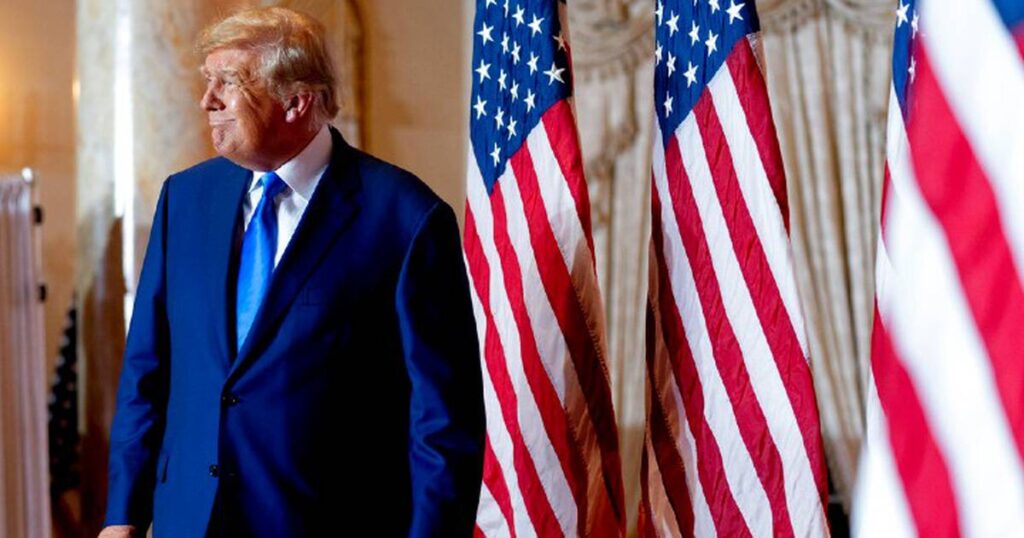Donald Trump, a former US president, is suing the House committee looking into the attack on the US Capitol on January 6 in order to avoid complying with a subpoena requiring him to testify.
The suit filed today contends that, while former presidents have voluntarily agreed to provide testimony or documents in response to congressional subpoenas in the past, “no president or former president has ever been compelled to do so”.
In a statement announcing Trump’s plans, Trump’s attorney David A. Warrington stated that the separation of powers prevents Congress from compelling a President to testify before it.
The committee “insists on pursuing a political path,” according to Warrington, leaving President Trump with no choice but to involve the third branch, the judicial branch, in this conflict between the executive and legislative branches. Warrington claimed that Trump engaged with the committee “in a good faith effort to resolve these concerns consistent with Executive Branch prerogatives and separation of powers.”
The filing was made days before the committee’s deadline for Trump to start cooperating, but the committee chose not to comment on it. However, given that the committee is anticipated to disband at the conclusion of the legislative session in January, the lawsuit probably puts an end to the possibility of Trump ever having to testify.
Additionally, it happens just a few days before Trump is anticipated to formally introduce his third presidential bid at his Mar-a-Lago club.
The committee had voted to subpoena Trump during its final televised hearing before the midterm elections and formally did so last month, demanding testimony from the former president either at the Capitol or by video conference by mid-November, and continuing for multiple days if necessary.
The letter also outlined a broad request for documents, including private correspondence between Trump and lawmakers as well as radical organizations.
The nine-member panel had until last week to receive Trump’s response to that request, but it was extended to this week.
Trump’s lawyers argue in his lawsuit that the subpoena violates his First Amendment rights because it is overly broad. Additionally, they contend that Trump might not be the only source of the information the committee needs.
In a statement last week, the panel, which is made up of two Republicans and seven Democrats, stated that it was in contact with Trump’s lawyers.
The committee’s decision to subpoena Trump in late October was a major escalation in its investigation, a step lawmakers said was necessary because, members allege, the former president was the “central player” in a multi-part effort to overturn the results of the 2020 election.
According to committee vice chair Representative Liz Cheney, R-Wyo., “I think that he has a legal obligation to testify but that doesn’t always carry weight with Donald Trump,” she said at a gathering last week.
In addition to requiring Trump to appear before the committee, the committee also issued 19 requests for documents and communications, including any messages Trump may have sent to Congressmen and others regarding the shocking events of the Capitol attack on January 6, 2021, via the encrypted messaging app Signal or by “any other means.”
The committee sought communications between the president and organisations like the Oath Keepers and Proud Boys between September 1, 2020, two months before the election, and the present in order to build a historical record of the events leading up to, during, and following the Capitol attack.
Trump’s lawsuit was filed in the same court where his other attorneys were successful in getting a special master appointed to conduct an impartial review of documents seized by the FBI during a search of Mar-a-Lago on August 8.
Trump files a lawsuit to evade a committee subpoena from January 6

